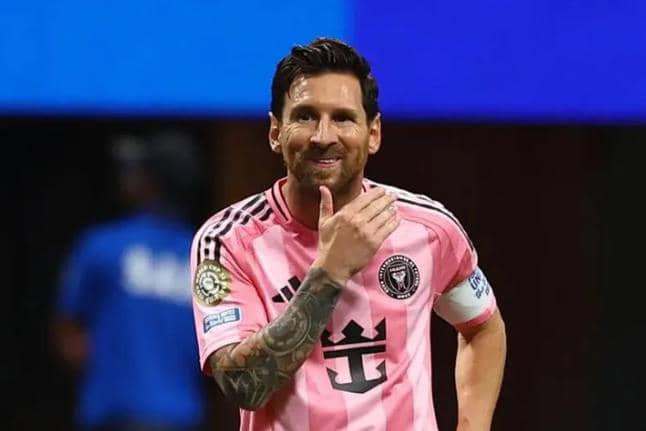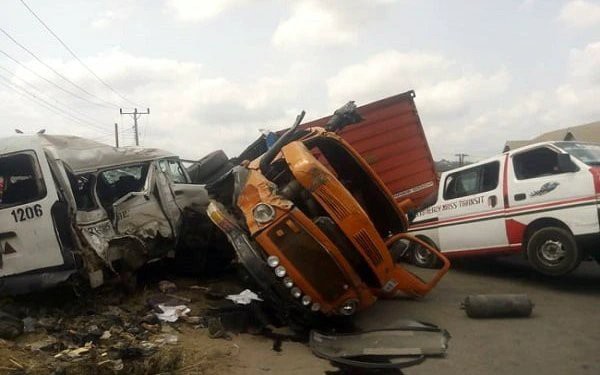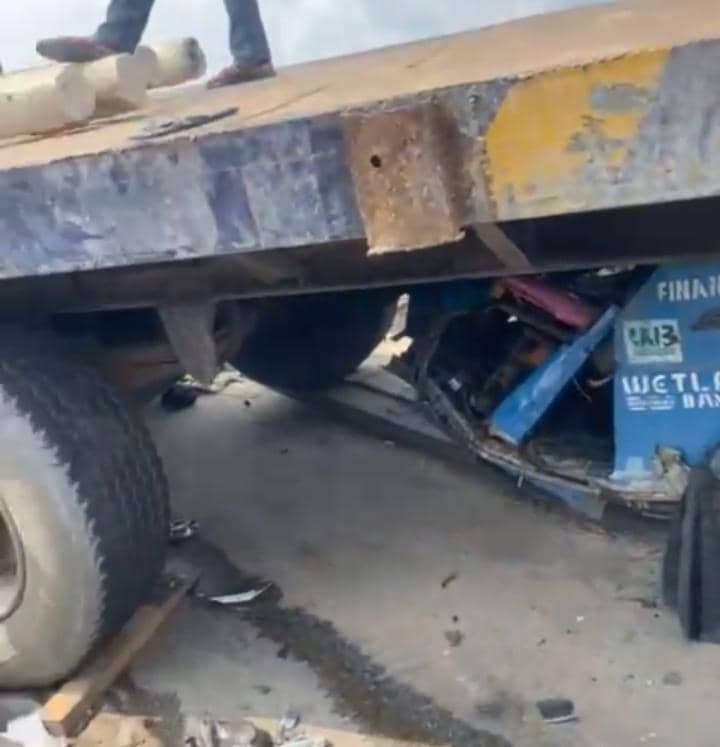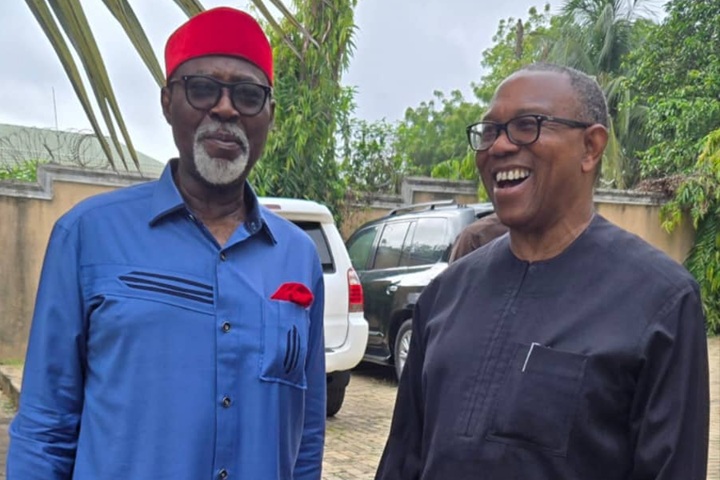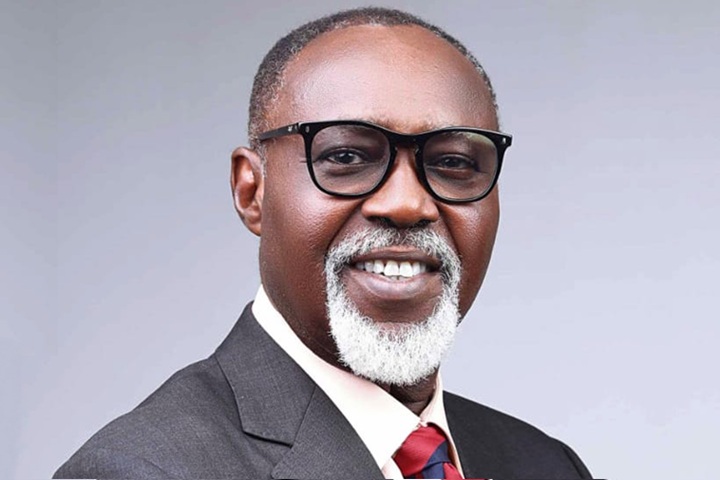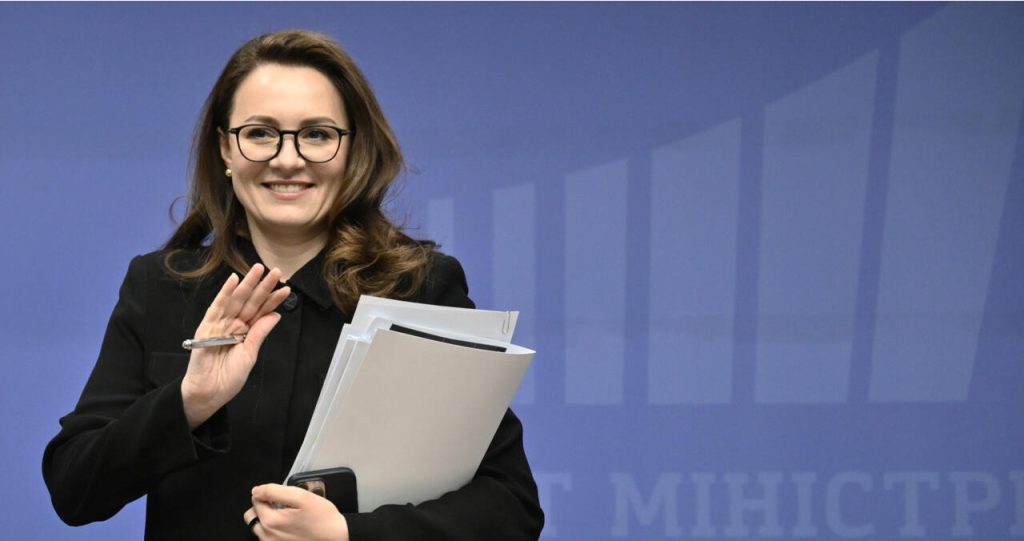News
Direct diplomacy: Putin suggests Russia-Ukraine talks next week

Russian President Vladimir Putin, on Saturday, May 10, 2025, called for immediate “direct talks” with Ukraine, proposing they begin as soon as May 15.
In a rare late-night televised address from the Kremlin, Putin emphasized the urgency of resuming negotiations.
He stated that Russia seeks “serious talks” aimed at addressing the fundamental causes of the war and establishing a durable and meaningful peace.
This appeal came shortly after high-profile visits to Ukraine by European leaders, including UK Prime Minister Sir Keir Starmer and French President Emmanuel Macron.
These leaders had jointly called on Russia to agree to an unconditional 30-day ceasefire.
Their visit was part of a broader international effort to push for de-escalation and diplomatic progress in the long-running conflict.
Reacting to the European leaders’ request, Kremlin spokesperson Dmitry Peskov acknowledged that Moscow would “have to think this through.”
On the other hand, it also cautioning that any attempts to pressure Russia into compliance would be futile.
“Trying to pressure us is quite useless,” he said, reiterating Russia’s position that any resolution must come through dialogue rather than coercion.
In his statement, Putin proposed that the renewed talks take place in Istanbul, Turkey.
He also mentioned his intention to discuss the logistics and framework for the talks with Turkish President Recep Tayyip Erdoğan on Sunday.
Putin noted that he is open to the possibility that these negotiations could lead to temporary agreements such as new ceasefires or truces.
However, he stressed the importance of direct communication without any preconditions.
Ukraine has yet to officially respond to Putin’s latest overture.
In past attempts at peace, both sides have accused each other of violating proposed ceasefires, leading to widespread skepticism about the sincerity of such offers.
During his speech, Putin expressed frustration over what he described as Ukraine’s repeated refusals to acknowledge or respond to multiple ceasefire proposals initiated by Moscow.
He listed three specific instances:
- a proposed 30-day pause in attacks on energy infrastructure,
- an Easter ceasefire, and,
- a recent truce he declared to coincide with World War II Victory Day commemorations.
Putin claimed that despite these overtures, Ukrainian forces continued to launch attacks during these proposed ceasefire windows.
Ukraine, on the other hand, has accused Russia of continuing military actions during these periods and failing to honor its own truce declarations.
The back-and-forth blame over ceasefire violations has been a recurring feature of the conflict.
This has reportedly made it difficult for trust to be re-established between the two nations.
“In spite of everything, we are offering the Kyiv authorities to resume the negotiations… resume direct talks, and I stress, without any preconditions,” Putin declared.
He presented the offer as a demonstration of Russia’s willingness to find a peaceful resolution despite ongoing hostilities and mistrust.
The last time Russia and Ukraine engaged in direct peace talks was shortly after Russia launched its full-scale invasion over three years ago.
Since then, negotiations have either stalled or been conducted through intermediaries, with little tangible progress.
The war has resulted in thousands of casualties, mass displacement, and extensive destruction across Ukraine, while also reshaping geopolitical alliances.
Putin’s call for talks now comes at a time when global diplomatic efforts to resolve the conflict have intensified.
This is particularly as the humanitarian toll continues to mount.
Analysts say that while his proposal might be seen by some as a potential opening for progress, it remains unclear how serious the Kremlin is about compromise or whether the offer is part of a broader strategic maneuver.
International observers will be closely watching how Ukraine responds to the proposal.
It will also be watching whether other global powers, particularly NATO members and Turkey, will play a role in facilitating renewed talks.
With both sides supposedly entrenched and trust at historic lows, any meaningful progress toward peace will likely require more than a single round of negotiations.
For now, Putin’s statement marks a notable shift in rhetoric and may serve as a litmus test for whether dialogue remains a viable path forward in the ongoing war.
For Diaspora Digital Media Updates click on Whatsapp, or Telegram. For eyewitness accounts/ reports/ articles, write to: citizenreports@diasporadigitalmedia.com. Follow us on X (Fomerly Twitter) or Facebook



